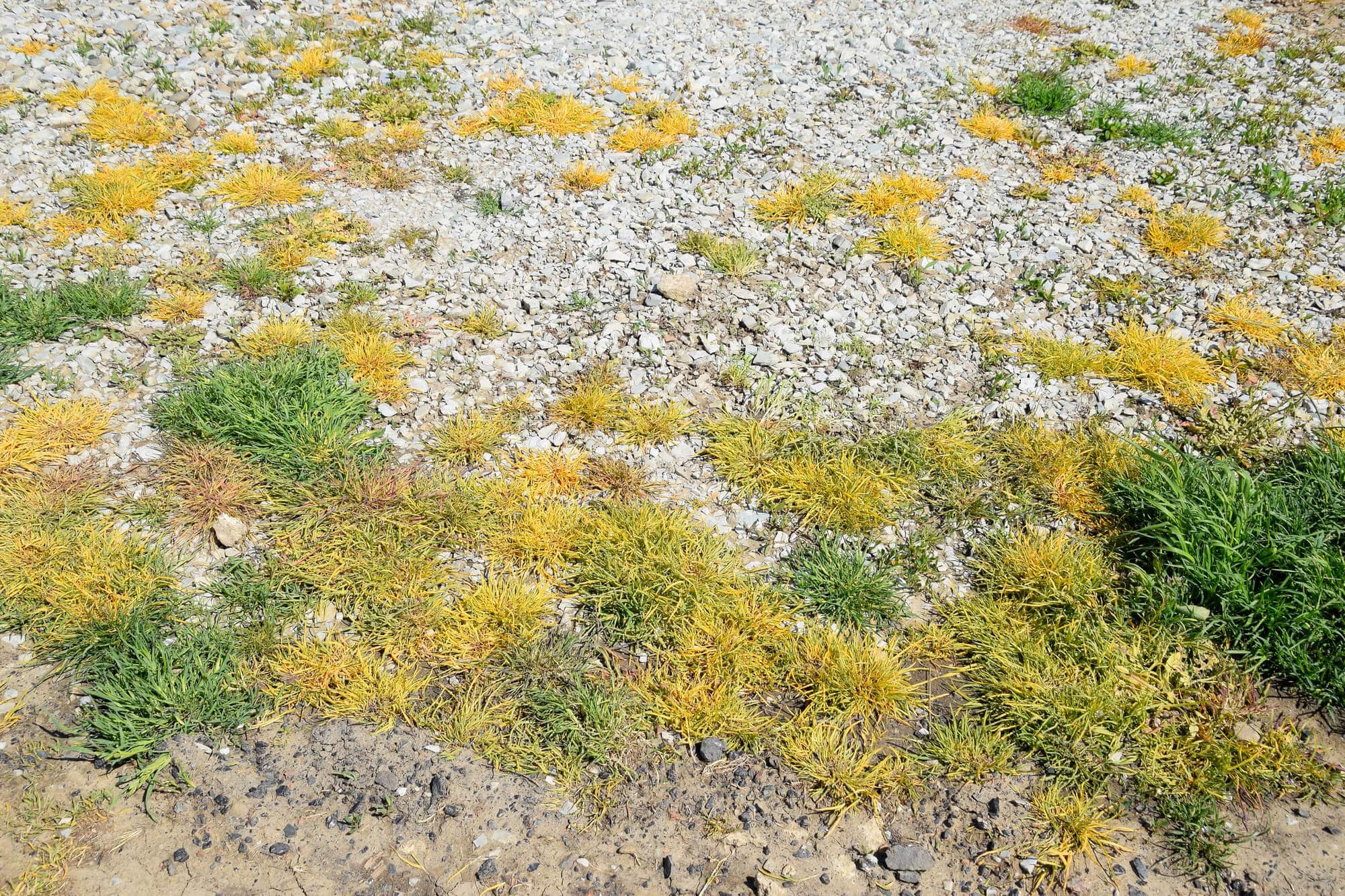Researchers from the Hebrew University found that nitrogen pollution caused by human activities has a direct effect on the decline in the variety of species in about a hundred sites in the world, including Beit Govrin: "Not enough efforts have been made in Israel to gauge the severity of the problem"

It is known that adding resources such as nitrogen, phosphorus and potassium to ecosystems causes the extinction of plant species, but the reasons for this phenomenon are disputed. While some studies linked the phenomenon to an increase in the total mass of the plants, which increases the competition between the species, others attributed the extinction of the species to the toxicity of excess nitrogen in the soil. A team of researchers from the Hebrew University found that nitrogen toxicity was the main cause of extinction, while the increase in mass had a marginal effect on the diversity of species.
The research that was carried out as part of student Nir Band's master's thesis and conducted under the guidance of Prof. Ronan Kadmon from the Department of Ecology, Evolution and Behavior and Dr. Niv De Malach from the Institute of Plant Sciences and Genetics in Agriculture, in collaboration with Prof. Micha Mandel from the University's Department of Statistics, all from the Hebrew University, was published this week in the scientific journal PNAS. The team performed a meta-analysis of data collected from 630 experiments, which examined the effect of adding resources on the diversity of plant species in about XNUMX different sites around the world. For example, the team examined the ecosystem in the Beit Govrin area in Israel and found that The diversity of species was tens of percent lower in the plots where there was a high presence of nitrogen, compared to other plots.
Using advanced statistical methods, the researchers separated the direct effect of nitrogen from the indirect effect, which is related to an increase in biomass as a result of nitrogen addition. The results showed that the direct effect of the nitrogen was the main cause of the decrease in species diversity and resulted in the extinction of 20% of the species on average.
Nir Band, the leader of the study, claims "this study emphasizes the importance of the global reduction in activities that cause an increase in the level of nitrogen in ecosystems, in light of the devastating consequences of nitrogen pollution." Regarding the situation in Israel, Band adds, "While in Europe and the US a combination of monitoring and efforts to reduce nitrogen emissions have led to a decrease in pollution, in Israel there is no monitoring program for nitrogen deposition, even though experiments in Israel have shown that the ecosystems in the country are very sensitive to nitrogen additions."
